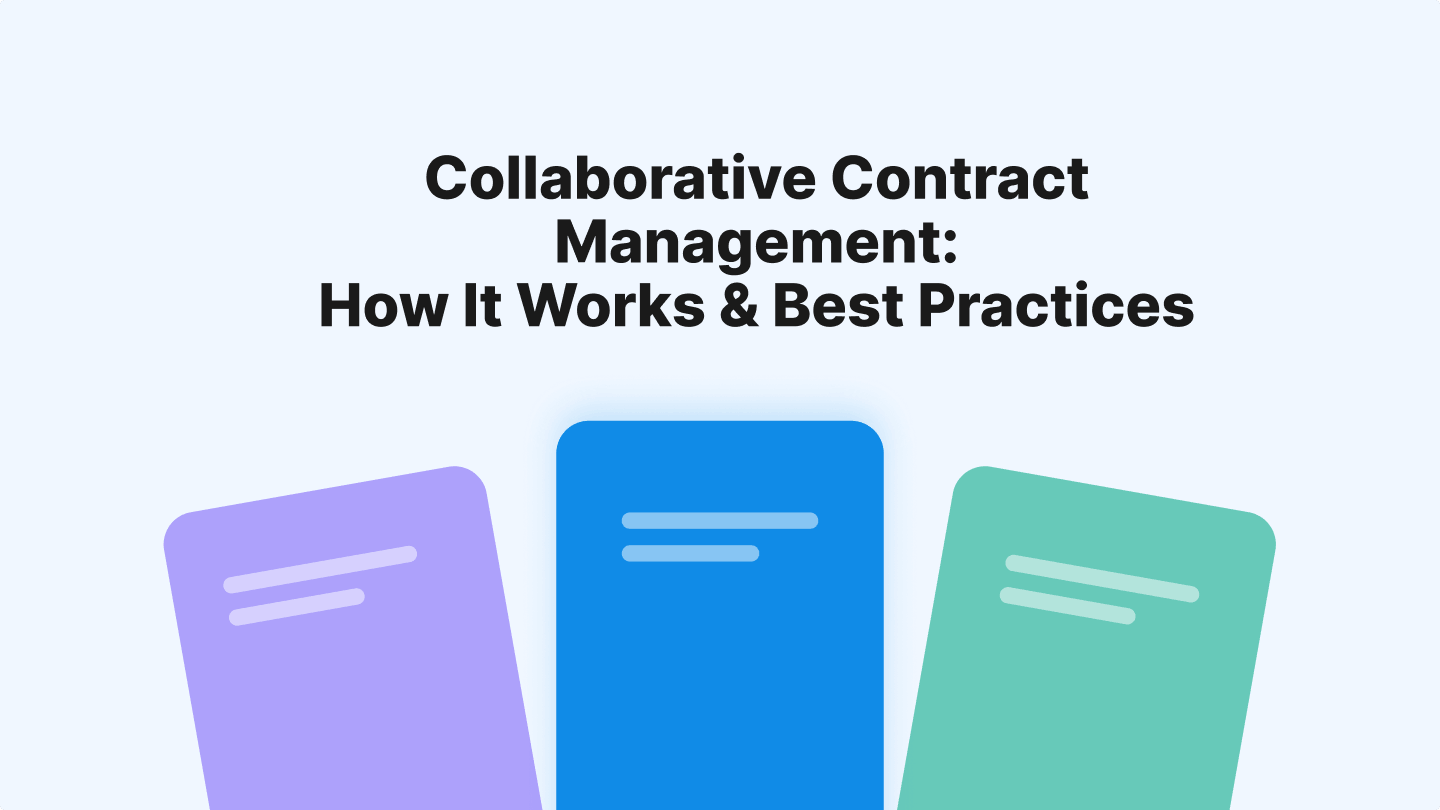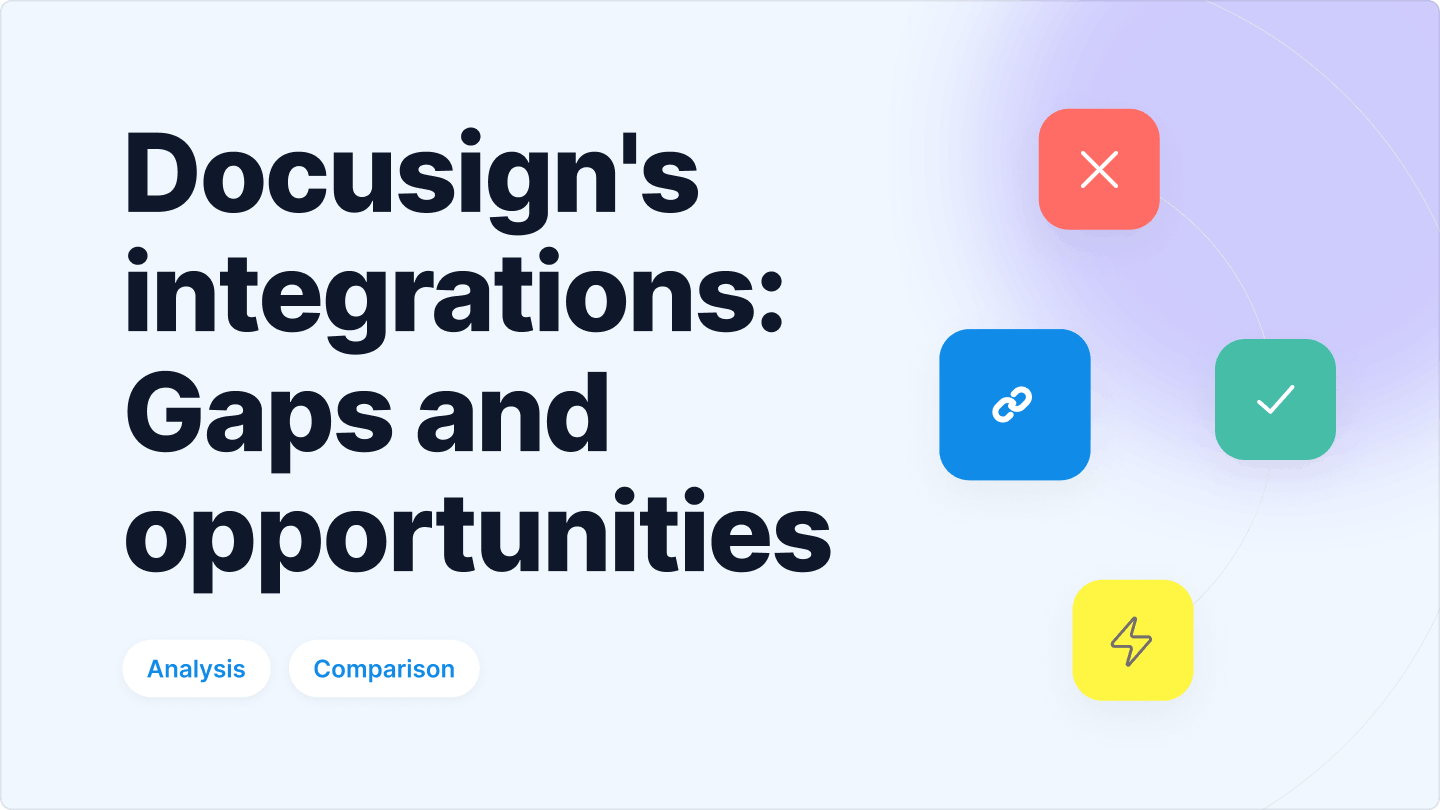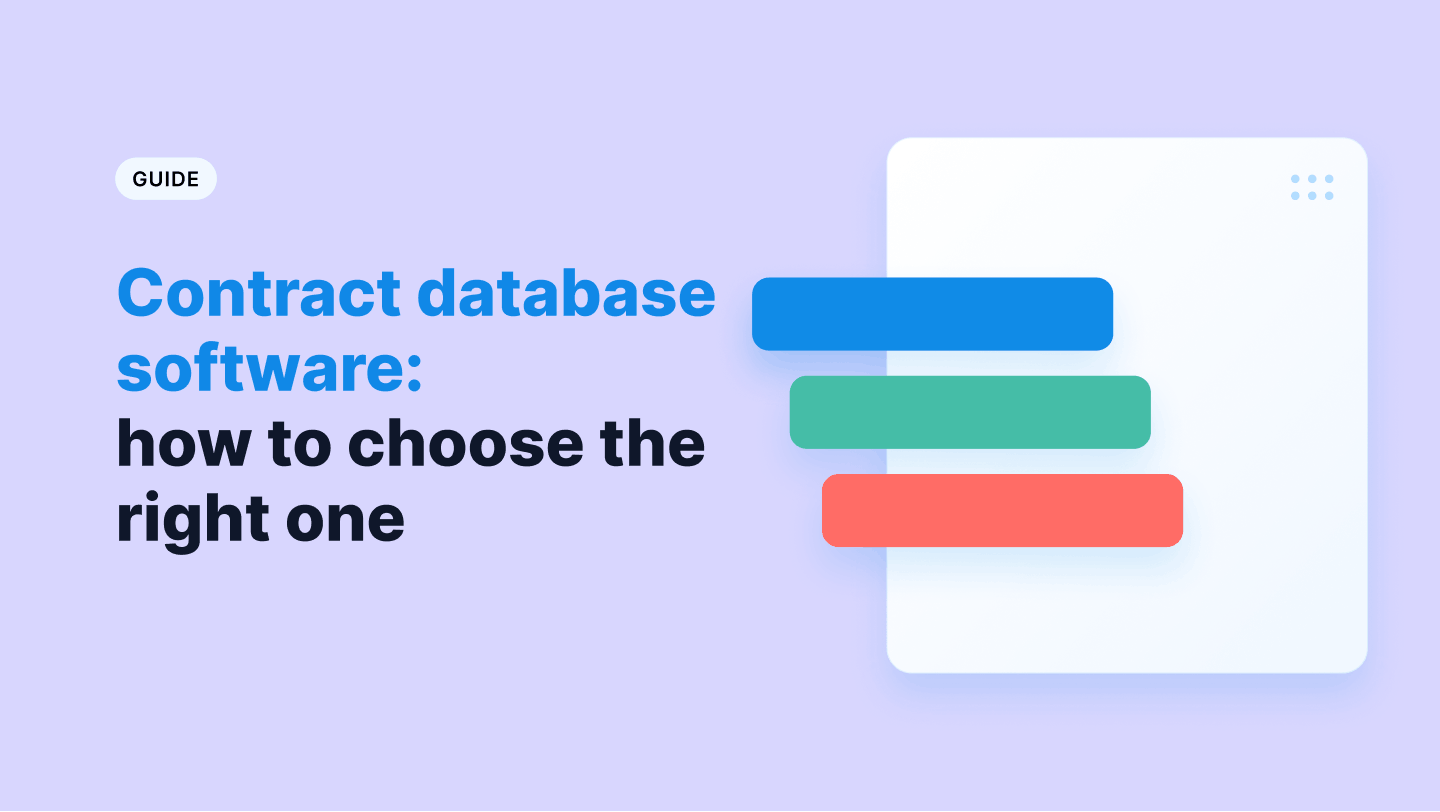When you’re starting a B2B company, your contracts are more than just legal documents—they’re your first product. They’re where you define the value you’re delivering, the expectations you’re setting, and the relationships you’re building. Unlike software, which you can patch later, a bad contract can permanently damage trust or even your business.
Good B2B contracts do something subtle but profound: they create alignment. They show both parties where they stand, how they’ll collaborate, and what happens if something goes wrong. They’re not just rules—they’re the scaffolding for relationships that scale.
Most startups undervalue contracts because they see them as administrative overhead. That’s a mistake. Contracts are often where the first cracks in a startup appear. A poorly written contract can saddle you with unprofitable customers or expose you to risks you didn’t anticipate. A good one can be the difference between a short-lived startup and a company that scales.
Let’s dig into why contracts matter more than you think and which ones every startup needs to succeed.
Why B2B contracts are more than a formality for startups
B2B contracts are much more than formalities—they are the foundation upon which successful business relationships are built. Whether you’re securing a deal with your first client or partnering with a major enterprise, contracts provide the clarity and structure needed to thrive in a competitive landscape. Here’s why they matter:
1. Defining roles and responsibilities
A B2B contract is your business’s playbook. It outlines who is responsible for what, ensuring there’s no ambiguity in expectations. This clarity minimizes misunderstandings and helps both parties focus on delivering their commitments effectively.
2. Mitigating risks
In business, things don’t always go as planned. A strong contract acts as your safety net, protecting your business from risks such as missed payments, disputes, or breaches of agreement. By addressing potential challenges upfront, contracts safeguard your interests and help avoid costly legal battles down the road.
3. Establishing trust
Trust is the cornerstone of every successful business partnership. A well-crafted contract signals that you’re serious about the relationship and have carefully considered both parties’ needs. This professionalism builds confidence and sets the tone for a collaborative, long-term partnership.
4. Enabling smoother operations
B2B contracts streamline operations by providing clear guidelines for everything from timelines to deliverables. They eliminate guesswork and reduce the need for constant back-and-forth communication. For startups especially, this efficiency is critical in a fast-paced environment where every minute counts.
5. Enhancing accountability
Contracts hold both parties accountable. By clearly defining performance standards and consequences for non-compliance, they ensure everyone stays on track. This not only improves the quality of work but also strengthens the relationship by promoting transparency and fairness.
6. Supporting scalability
As your startup grows, you’ll likely juggle multiple partnerships and deals. Contracts provide a scalable framework for managing these relationships effectively. From renewal terms to confidentiality clauses, a good contract ensures your business is prepared to handle growth without compromising on quality or trust.
11 Contract elements that can make or break your deal
B2B contracts are only as strong as the details that shape them. They’re more than just legal documents—they define how trust operates, protect your interests, and prepare you for the unexpected. Startups, in particular, need contracts that don’t just outline terms but actively support growth and resilience. Here are the essential elements that separate good contracts from great ones.
1. Define the scope: what’s included and what’s not
Scope creep is every startup’s silent killer. A clear scope doesn’t just explain what’s being delivered; it also establishes what’s off the table. If your timelines are tight, does the contract account for flexibility in deliverables or quality checks? Specificity prevents costly misunderstandings while still leaving room to adapt when reality doesn’t follow the plan.
2. Establish financial clarity
For startups, cash flow isn’t just important—it’s existential. That’s why payment terms must be crystal clear. Specify schedules, due dates, penalties for late payments, and conditions for refunds. When financial obligations are unambiguous, you protect your revenue and avoid awkward or damaging conversations down the road.
3. Maintain confidentiality and data protection
In an era where data breaches dominate headlines, confidentiality is more than just trust—it’s survival. The best contracts go beyond penalties for leaks; they establish proactive measures for handling sensitive data. Who’s responsible for data storage? What happens if the breach stems from the client’s negligence? Addressing these details ensures your reputation stays intact.
4. Define termination and exit clauses
Startups rarely think about the end when a deal begins, but they should. A good termination clause outlines not just how the contract ends but what happens afterward. Delivered 70% of a project when the client backs out? Who owns the work in progress? A strong exit plan protects you from unpaid work and ambiguous ownership disputes.
5. Prevent disputes from escalating
Disagreements happen—even with great contracts. Including dispute resolution mechanisms, like mediation or arbitration, prevents conflicts from spiraling into costly litigation. In high-stakes industries, time matters just as much as cost. Specify timelines to ensure disputes are resolved swiftly, preserving trust and goodwill.
6. Include performance metrics and SLAs
Performance benchmarks and service-level agreements (SLAs) are essential for managing expectations. These metrics outline the quality and timeliness of deliverables, ensuring both parties are on the same page. For instance, in SaaS agreements, SLAs might specify uptime percentages or response times for issues, holding everyone accountable.
7. Outline amendment and change management processes
Startups operate in dynamic environments, and contracts need to keep pace. Including a clause for amendments or change management establishes a formal process for revising terms. This avoids disputes and keeps the relationship productive even as circumstances evolve.
8. Add a force majeure clause
Unexpected events like natural disasters or pandemics can derail the best-laid plans. A force majeure clause protects both parties by outlining how obligations will be managed in such scenarios. It’s a safeguard against risks that neither side can control.
9. Ensure compliance with laws and regulations
Startups operate in ever-changing regulatory environments, especially when it comes to data. Contracts must address current regulations like GDPR or CCPA while remaining flexible for future changes. Overlooking these nuances could mean costly delays or fines.
10. Define intellectual property ownership
For startups, intellectual property is often their lifeblood. Contracts must clearly state who owns the rights to work created during the partnership. If a client pays for custom software, do they own it outright or simply license it? What about tools developed independently before the contract? These questions aren’t just legal details—they’re about preserving your most valuable assets.
11. Specify jurisdiction and governing law
Clarity about which jurisdiction’s laws govern the contract is critical, especially for international agreements. This clause reduces uncertainty and ensures disputes are resolved efficiently, saving you from costly surprises down the road.
With this clear, let’s get into the common types of B2B contracts.
6 Essential B2B contracts that startups can't do without
1. Non-Disclosure Agreement (NDA)
NDAs might seem like standard procedure, but their real power lies in what they prevent. Imagine sharing a groundbreaking idea with a potential partner, only to find a suspiciously similar product on the market six months later. That’s what NDAs protect against—not just leaks but the perception of vulnerability.
Mutual NDAs (covering both sides) are particularly powerful. They say, “We’re in this together,” and that sets the tone for how the relationship plays out. For instance, a B2B contract example for an NDA could detail specific clauses for protecting intellectual property shared during early negotiations.
Get your first NDA template here
2. Master Service Agreement (MSA)
An MSA is like the glue that holds ongoing projects together. It outlines the general terms so you don’t have to renegotiate every single detail for each task.
A great MSA leaves room for flexibility, anticipating changes without requiring constant amendments. If you’ve ever had a scope shift mid-project, you know how valuable that balance is.
3. Vendor Agreement
A vendor agreement is crucial if your startup relies on third-party vendors for goods or services. It defines expectations for delivery timelines, quality standards, and payment terms.
However, a good vendor agreement also accounts for contingencies, such as if the vendor fails to meet deadlines or delivers subpar work. A good practice is to include penalty clauses for delays or failures. Without them, your startup could cover costs for mistakes that aren’t yours.
4. Employment or Contractor Agreements
Startups thrive on great talent, but if your team is building something amazing, who owns it? Employment or contractor agreements go beyond job descriptions and salaries—they define ownership, roles, compensation, and, crucially, intellectual property ownership.
These agreements should leave no doubt about what’s yours and what’s theirs. Without clear terms, you could end up in an awkward (and expensive) fight over who owns the final product.
5. Sales or Purchase Agreements
Sales or purchase agreements govern the buying and selling of goods or services. They establish terms for pricing, delivery, and warranties.
These agreements need to be airtight on handling disputes around returns, cancellations, or defects. For example, if goods are damaged in transit, who’s responsible? A well-drafted agreement tackles these nuances head-on because even minor errors can snowball into significant costs for a startup.
Look no further for a Sales Agreement Template. Download for Free
6. Partnership Agreements
For startups with multiple founders, a partnership agreement is a must. It defines roles, contributions, profit-sharing, and what happens if someone decides to leave.
Founders rarely enter partnerships thinking about disagreements because the excitement of starting up overshadows potential conflicts. But what happens if one founder wants out, or worse, isn’t pulling their weight?
With these terms, startups can avoid messy splits that can erode years of progress. An excellent partnership agreement doesn’t just prepare for the best—it secures the tough conversations that will inevitably come.
Looking for a Partnership Agreement? Download for Free
Additional U.S.-specific considerations
- Data Privacy Compliance: Startups handling customer data must address U.S. privacy laws like the California Consumer Privacy Act (CCPA) or sector-specific regulations (e.g., HIPAA for healthcare).
- Terms of Service (ToS) and Privacy Policies: For startups offering digital services, these agreements are required by U.S. law to inform users about their rights, data usage, and terms of engagement.
Here’s how contract management software helps your team scale
A CMS platform like Signeasy not only saves time but also establishes a system that supports your growth without adding unnecessary complexity. Here’s how Signeasy helps streamline the process:
1. Easy contract creation
Reinventing the wheel for every contract wastes valuable time. With Signeasy, you can reuse B2B contract templates to create contracts quickly and efficiently, so you’re not starting from scratch each time. The platform is intuitive enough for your team to use without requiring a crash course in contract law.
2. AI-assisted contract reviews
Understanding the fine print is crucial, especially in high-stakes agreements. Signeasy’s AI features highlight key terms and clauses, providing the insights you need before signing. This doesn’t replace human judgment but ensures no detail is missed, even when you’re juggling multiple deals.
3. Frictionless and fast signing
Contracts often get stuck waiting for signatures, which slows down progress. Signeasy eliminates this friction with its eSignature feature, allowing you to sign or send documents for approval in just a few clicks. Automatic reminders keep everyone on track, so deals don’t stall because someone forgot to hit the “sign.”
4. Centralized contract storage
Scattered contracts across email threads and shared drives are a recipe for confusion. Signeasy creates a centralized repository where you can store and categorize all your agreements. Role-based access ensures your team only sees what they need, while a powerful search function helps you locate any contract in seconds.
5. Easy integration with your existing tools
Startups rely on tools like Google Workspace, HubSpot, and Outlook, and Signeasy fits right in. Its integrations let you manage contracts within your existing workflows, so you’re not constantly switching between platforms. It makes B2B contract management a natural extension of your day-to-day operations.












